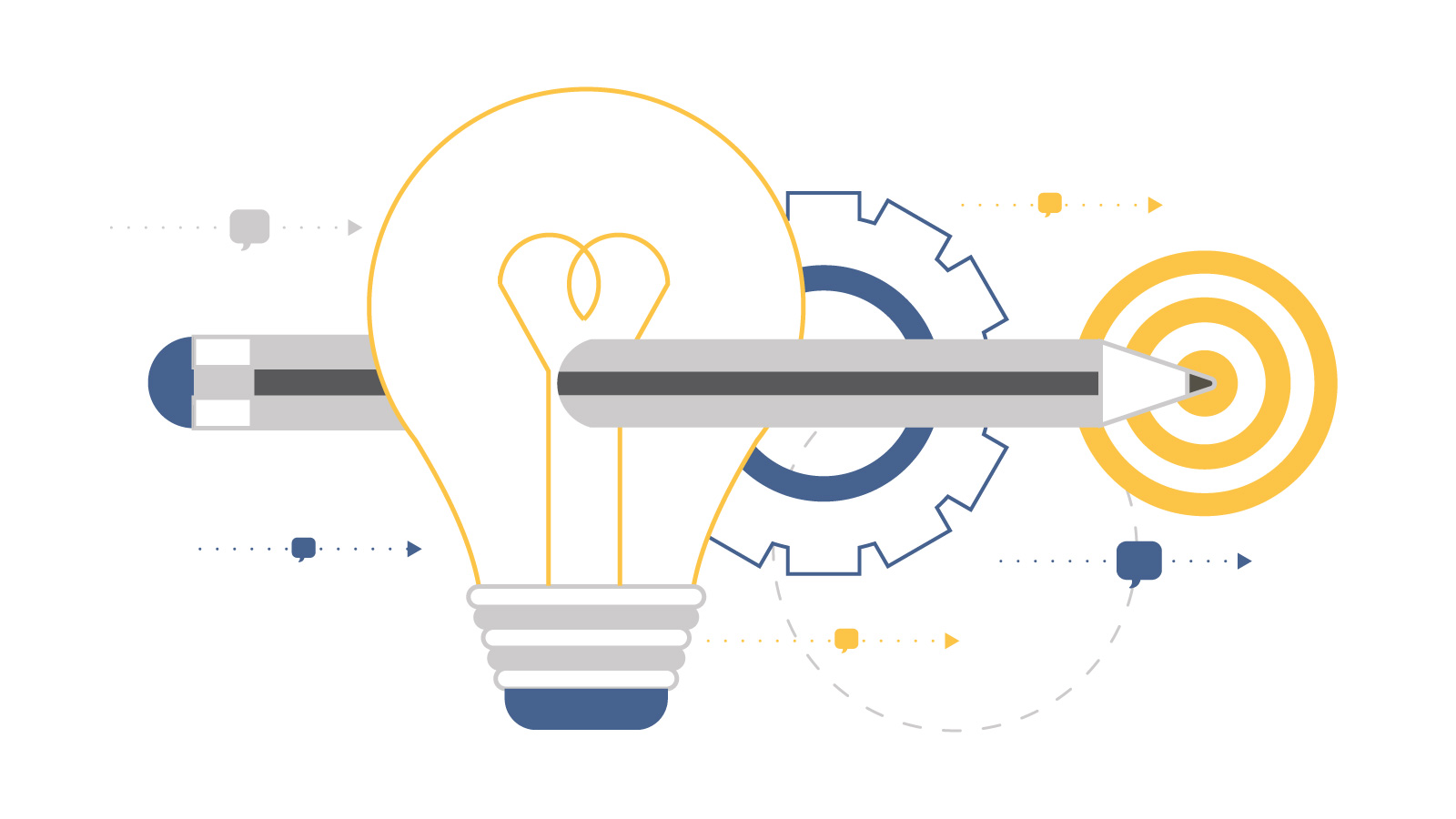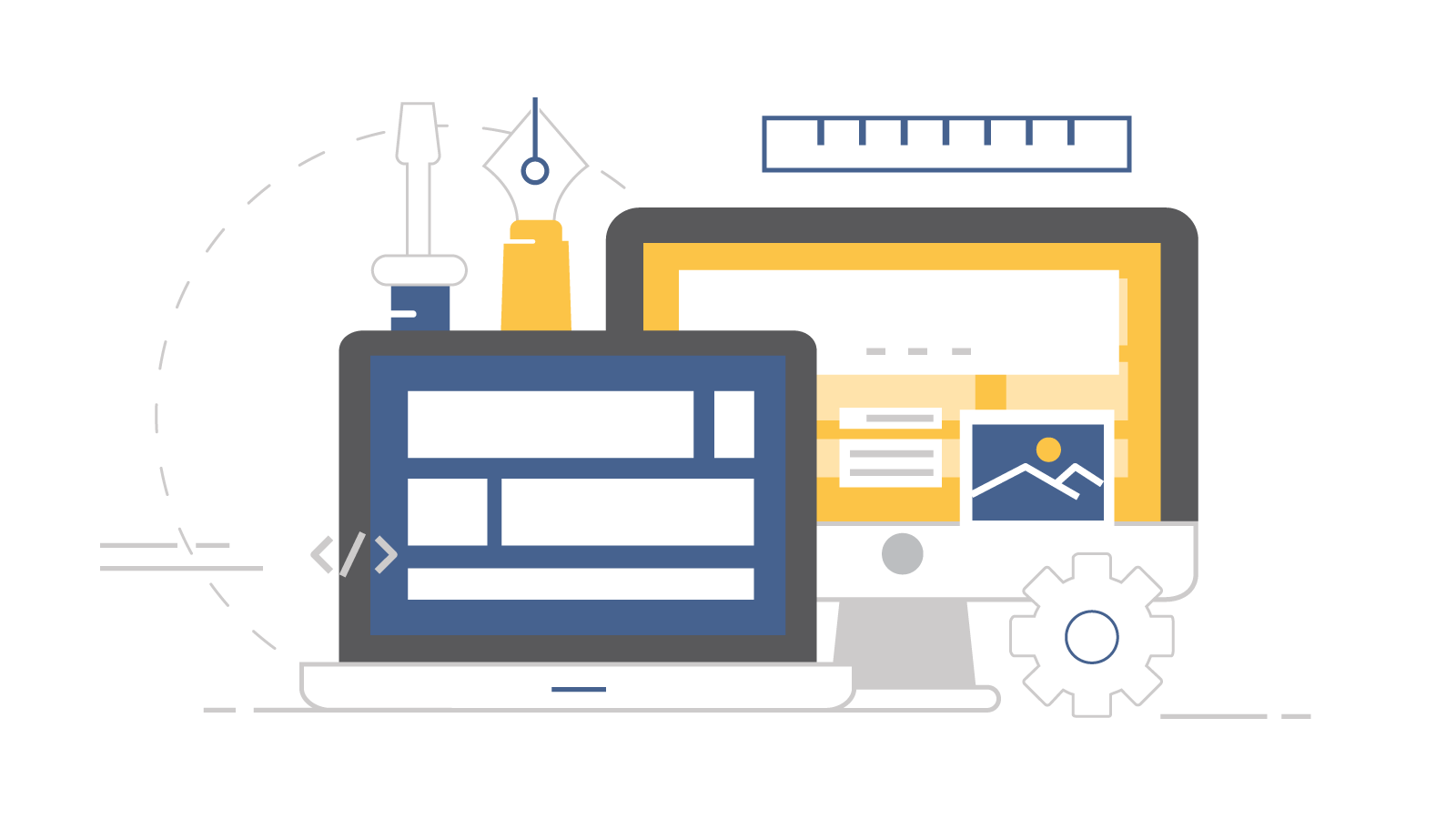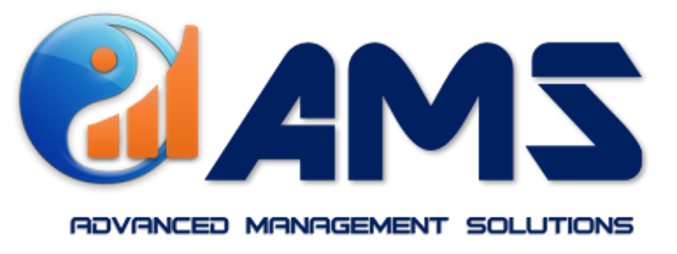Introduction
With every article, we keep proving that data science has found broad application in numerous business areas. Now, the turn came to the construction industry as well. The world is overloaded with data. It results in a steady improvement in technologies.
The construction industry has always been a victim of poor planning, management, budgeting, miscalculations, cost overruns, low return on construction assets, mistakes in proportions, and insufficient means for the building. Data science is called upon to solve these problems and facilitate construction on each of its levels. The construction companies use the benefit of data science to improve construction sites and manage the building process.
Let’s take into consideration several of the most efficient and productive data science use cases in the construction industry.
Predictive analytics
One of the most fundamental data science use cases is prediction. Predictive analytics has taken under its control the analysis of vast amounts of data providing the capability to forecast. The ability to track real-time data and change it into meaningful insights for prediction has become a game-changing solution for the construction industry. Multiple scenarios based on the insights are then applied to make estimations and avoid failures in the future.

Accurate simulation before construction
One of the most popular use cases of predictive analytics is the software development for construction simulation. The simulator games have a lot to offer in the construction industry. It may be especially helpful at the stage of building design.
Design issue prediction
Design issues prediction helps the constructors avoid possible problems in the process of erection and operation of the building. Designing of large buildings and complexes involves a huge amount of calculations, matchings, and combination operations.
Warranty analysis
In attempts to avoid problems and major complications in the process of construction, warranty analytics plays a critical part. Special and general conditions are developed to serve the purpose of the warranty provisions. Customer satisfaction, well-being, and safety in terms of the construction industry directly depend on warranty analysis. Warranty analysis is the only way to keep track of further building operation and reliability. Warranty data analysis relies on the analysis of previous failures data and numerous external factors.
Analyzing construction project risks
Risk analysis and risk management are key elements for a successful erection and further operation. These processes involve planning, identification, classification, response analysis, monitoring, and many others. Risk analysis aims at an estimation of the future assets, outcomes, and impacts which may present complications. Thanks to modern technological achievements, there are a lot of techniques and tools designed for risk analysis and risk management.
Construction projects are always challenging due to the number of factors that should be taken into account: siting, technical elements, and complexity, a large number of variables, etc. The majority of the tools for risk analysis are based on probabilistic approaches.
Tracking construction equipment and assets
Construction assets management and tracking are critical for almost all business spheres. The tools for tracking the performance of equipment of all sizes are now widely available. Physical assets are premises, vehicles, office and computer equipment, tools, etc. The company’s assets are those used to facilitate the construction process and operations. The construction industry in its work relies on a wide variety of tools, vehicles, and equipment. These tools help to track real-time equipment inventory, to manage and allocate costs. Assets tracking may be beneficial in the prevention of theft and equipment loss — modern assets tracking solution help to move from managing equipment and material on paper and in the spreadsheet to 24/7 monitoring.
Optimization
For all business owners, it is natural to get the most out of their money while implementing big and complex projects. Time and money, in this case, are the most precious resources. Therefore, the optimization aspects here should be smart and systematic. Thus, optimization by its meaning is a systematic effort made to improve profit and to obtain the best possible results under certain conditions.

Contractor performance optimization
Measuring the performance during the project execution period allows us to better understand the possibilities for improvement and to make more precise calculations. However, the optimization process might be quite challenging when you depend on the contractors in some matters. Therefore, contractor performance optimization and management software are on the pick of their popularity. Regardless of your contracting requirements, this software is capable to track the performance level and identification of the subjects for further improvements. Oracle Primavera, Procore, FINAL CARD, build7, Procore, and many other pieces of software have been designed to facilitate contractor performance optimization process.
Accurate budgeting and planning
The cost optimization process is something that should be performed during the whole period of the construction project execution. This has to be done to make sure that building costs match the limits of the estimated costs.
Accurate planning and budgeting should be the priorities for any construction project. The managers struggle with setting proper expectations taking into account the unexpected matters that may arise during the construction process. Smart AI-powered tools and trackers help store the financial information, receipts, requirements, limitations, and documentation in one place as well as analyze the expenses in real-time. Keeping track of what is done helps to stick to the plan or to make amendments. The majority of these tools have an integrated feature of risk assessment and alerting.
Robotization
Automation is a key source of labor productivity for the construction industry. There are several types of construction robots that have changed the construction industry. Among them are 3D printing robots, construction robots for bricklaying and masonry, demolition robots, autonomous vehicles, and many others with minor functions yet efficient.
As the construction companies seek to increase efficiency, the demand for construction automation is high as ever. Due to the high complexity of modern construction projects and short time devoted to designing and building, robots become irreplaceable at all stages of the construction process. AI-powered software, tools, and smart robots are to make the construction process more efficient and fast.
Product development

Product development is a process of taking the product or service from the concept to the market. New products are to meet the customers’ needs better and provide a high-quality experience. Sometimes, the existing products need some updates or packaging with additional features.
Smart product development models were developed to facilitate the design, construction, and introduction to the market of a new product. These tools and interfaces help manage multiple processes, all the involved players, and stages.
The general procedure of the product development remains the same, yet smart tools help to make it less time-consuming and cheaper while shaping future construction as a more reliable, valuable and technologically advanced.
Conclusion
Data science and a wide range of its application in the construction industry offer new opportunities. The analytics of the available data helps define possible risks, improve project management, reduce costs and time spent on working a project. It is evident that the changes brought to the construction industry by the data science will continue and become even more productive. More technological development is yet to come into the construction industry. Data analytics helps construction companies have a better chance to predict more profitable and prospective projects for implementation.
With the application of data science and AI-powered solutions, construction companies can predict future outcomes, take actionable decisions, minimize risks, determine the best possible managing strategies and control the work of numerous contractors. In this article, we attempted to shed light on the major benefits data science brings to the construction industry.






